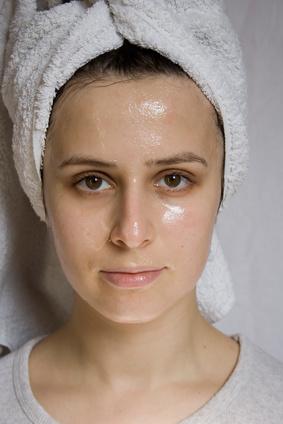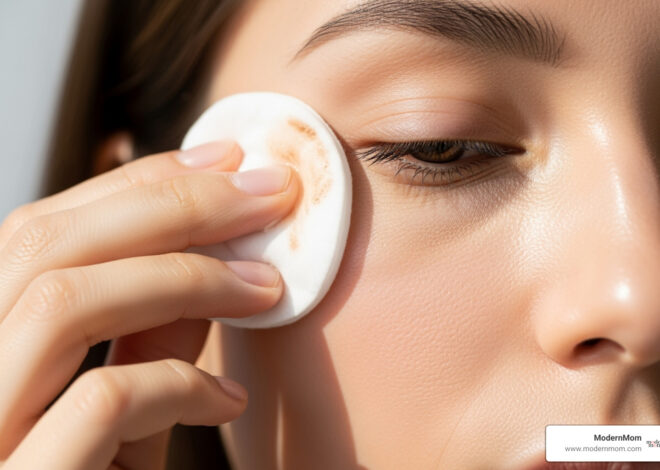A report from market research company Packaged Facts estimated that the skin-care industry would be worth $7.2 billion annually by 2010. If you were to listen to all the ads trying to sell “essential” skin products to women, from “gentle” face washes to anti-aging super-serums, you could spend your entire day doing nothing but taking care of your skin. Skin care really doesn’t have to be that complicated.
The Skin
Skin is more than just the pretty package that wraps up all your bones and blood and organs. It accounts for 12 to 15 percent of your body weight and covers 1 to 2 meters of surface area, making it the largest organ in your body. It protects you from infection, helps regulate your body temperature, assists in synthesizing vitamins and nutrients you need for energy and plays a vital role in balancing your water needs. Taking good care of your skin doesn’t just keep you looking good, it helps keep your body healthy.
Nutrition for Skin
While there are some direct correlations between deficiencies of some vitamins and skin conditions, nutrition for your skin is a bit more involved than “eat more vitamin C.” In his book, “Total Skin,” David Leffell, professor of dermatology at Yale University’s School of Medicine, points out that a nutritious diet results in glowing skin because it supports overall health. Eating a balanced diet with plenty of fresh fruits, vegetables, whole grains and fatty acids–as well as drinking more water than your body puts out–is an essential part of your daily skin-care routine.
Keeping Skin Clean
Simple is better when it comes to keeping skin clean, too, Leffell says. Wash your face with a non-soap cleanser once a day. In addition, rinse it once a day with plain tap water. Avoid long, hot showers and baths, which dry the skin. Use mild soap to wash areas of your body that perspire a lot, and use a soft cloth wet with plain water to clean the rest of your body. Pat skin dry gently with a soft towel, and apply a water-based moisturizer to help keep skin hydrated.
Things to Avoid
Cleansing grains and scrubs may make your skin feel clean, but they strip it of protective oils and cell layers. Use them sparingly, if at all. Alcohol-based astringents and toners also strip oils from your skin. In general, Leffell says, keep alcohol-containing products away from your skin.
Avoid overexposing your skin to the sun’s UVA rays by using moisturizers and makeup with built-in sunscreen. Think beyond your face. Columbia University’s Partnership for Women’s Health website notes that in women, the lower legs are the most common site for melanoma. Sunscreen your legs or cover them up.
Smoking reduces the amount of vitamin C in your body, which directly affects collagen production and damages your skin. If you smoke, quit.
Special Considerations
Cleanser and water may not be enough to remove makeup, especially eye makeup. Use a gentle, oil-based product to remove mascara and waterproof makeup. Use cotton balls or soft cotton pads to avoid damaging delicate skin. Shaving your legs, underarms and bikini area can also damage skin, so proceed carefully. Use a clean, sharp razor and never shave dry skin. Instead, shave after a shower, and use shaving gel, lotion or cream. Shave in the direction of hair growth to avoid ingrown hairs and razor rash.
Photo Credit
- skin care image by anna karwowska from Fotolia.com





